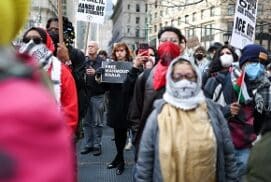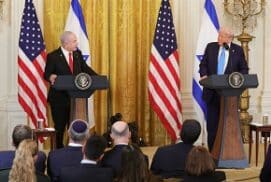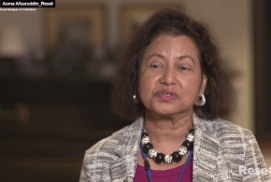Alessandra Tommasi 6 November 2025
The ceasefire in Gaza, tied to Donald Trump’s 20-point plan, remains extremely fragile amid repeated violations. Among the latest escalations, an Israeli air raid overnight between October 28 and 29, launched in retaliation for the death of an IDF soldier and Hamas’s refusal to return the bodies of hostages, left more than a hundred people dead. While Hamas accuses Benjamin Netanyahu’s government of obstructing the entry of humanitarian convoys, uncertainty looms over the so-called “phase two” of the plan. On paper, the Palestinian group has agreed to relinquish direct control of the enclave, but not full demilitarization nor the international supervision envisaged by Trump’s proposed “Board of Peace.” The plan also makes no mention of the West Bank, fueling fears that Israel intends to solidify the separation between the two Palestinian territories. In this context, Reset DOC spoke with Yuli Tamir, former Israeli education minister, to discuss the prospects for peace and Israel’s political future.











